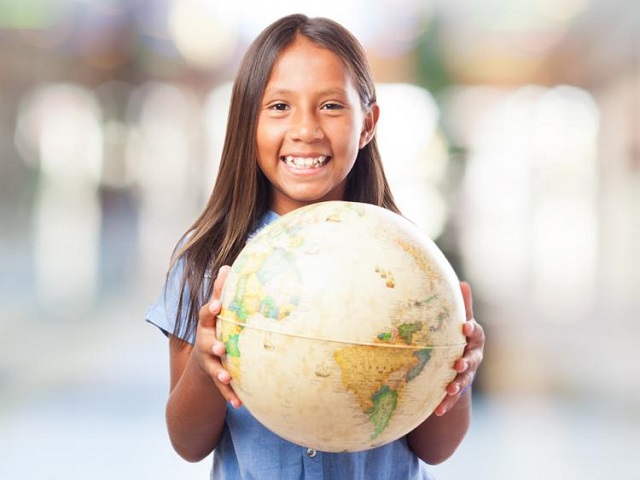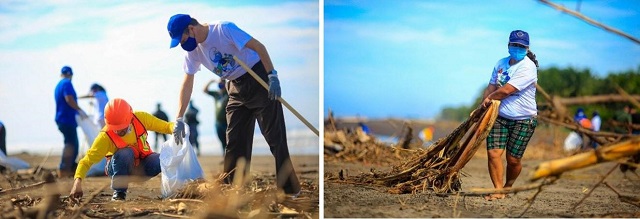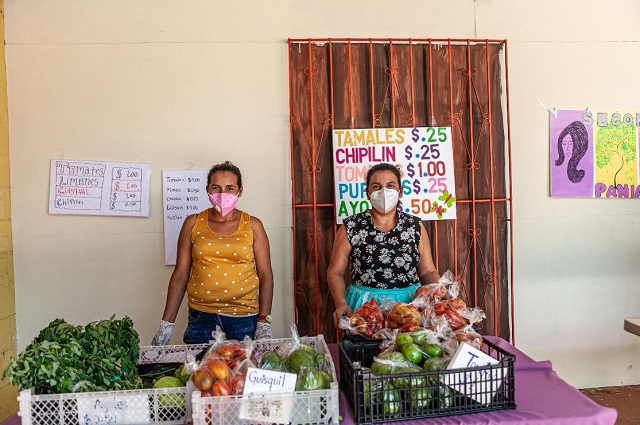The European Union and Latin America and the Caribbean aim to reaffirm and give new impetus to the strategic partnership through an informal meeting of EU27 and the LAC Foreign Ministers in Berlin. This is an opportunity to reinforce the close cultural, social and economic bonds, as well as to coordinate our approach in a less predictable international system.
This year has been particularly difficult for both EU and Latin American and Caribbean (LAC) regions due to the COVID-19 pandemic and the economic recession it has brought about. However, as 2021 approaches it is time to start thinking again about stepping up relations.
The EU is helping people make their ideas become reality. Faced with growing geopolitical rivalry between great powers, it offers cooperation and dialogue centred on improving the lives of citizens. This relationship is key to sustaining the multilateral system in matters such as WTO, the Paris Agreement, human rights, arms control and non-proliferation.
Our cooperation is visible not only at the multilateral level. Association Agreements are a key piece in this relationship. They should not be seen only as free-trade agreements (FTAs): they are frameworks for multi-level political dialogue, and for the exchange of views on public policies regarding social cohesion, regulatory convergence, digital transition and sustainable recovery, with a “green” agenda. This is particularly important with regard to the EU-Mercosur Agreement.
Read also
In practice, the EU-LAC collaboration can be visible in different aspects of citizens’ lives. In the region, several are the topics where EU intervention has contributed to the improvement of quality of life and ecosystems. Here are a few stories where EU-LAC cooperation had a positive impact.
Sustainability: reverting the exploitation of ecosystems
From Nicaragua, Mark shares his pride in this land. He is part of the indigenous Miskita community, who was active in the hunting and selling of turtles. The intervention of EU projects since 2014 aimed to reduce the dependence of the community on scarce resources, which were creating imbalances in the ecosystem.
Mark has taken these lessons and reverted the exploitation of ecosystems into its protection. Now working in responsible and sustainable tourism, he contributes to raising interest for his region, whilst protecting it at the same time.
In El Salvador, the EU has taken part and given visibility to a large beach clean-up, together with national authorities. This effort resulted in the collection of 6 tons of waste, including organic material, plastic waste and glass, in 5 kilometres of beach.
Gender equality: raising awareness for violence against women
Women are more likely to face risks or situations of discrimination, being it physical, threatening their security, or economic, threatening their survival. In Latin America and Caribbean regions, providing opportunities to women means to empower a large part of the population who contributes to its development.
As a testimony, Debbie from Colombia can share her experience. Fear took over her life, as domestic violence broke her confidence. Like Debbie, many women experience this terrible experience across the world. The EU has collaborated in Latin America to protect, support and empower these women and to make them gain confidence again.
In Chile, the EU Delegation to the country gathered actresses, journalists, writers, and athletes as well as three women Ambassadors of EU Member States to launch a campaign raising awareness for domestic violence.
“Raise your voice loud and clear” was the call from Chile, and a call for acknowledging victims and empower women.
Economic recovery: helping families to regain their livelihoods
The economic recession is particularly impactful in regions that are more vulnerable. Coping with the need to ensure the maintenance of the development achieved throughout the past years compels us to reflect on the international responsibility to support these communities. That also applies to LAC.
In El Salvador, Patricia del Carmen can be testimonies of the positive impact of EU support. The European Union, through the organisations We Effect, Fundasal and FESCOVAM, launched the initiative “Community Seed for Economic Improvement” (SECOME).
Patricia del Carmen was one of the beneficiaries who received seed funding to help her family’s livelihood and return to productivity. “With this funding, I am going to buy and sell chickens. I have a son who is a junior in high school and a girl in the fourth grade. We need to pay for their school transport, among other things, and then we have to procure money for our daily needs,” says Patricia del Carmen. These funds are aimed at small farmers, retail distributors, among others.
SECOME seeks to economically reactivate around 4,440 people from different family groups, and it is only a concrete example of the results that the EU is delivering in this region.
Strengthening the EU-LAC partnership makes more sense than ever before. The upcoming EU-LAC Ministerial meeting represents an opportunity to exchange views on sustainable economic recovery, as well as creating the necessary momentum towards high-level events next year.
The Berlin ministerial conference in December 2020 indicates the will to recover that political dialogue, as well as to cooperate in the common post-pandemic recovery agenda with special consideration to social, green, and digital agendas. The new multi-annual financial framework (MFF) in the EU brings with it new instruments for advanced cooperation, more suitable for the context of Latin America, in particular for sectors such as renewables, digitization and sustainable infrastructure.
European Union
























































